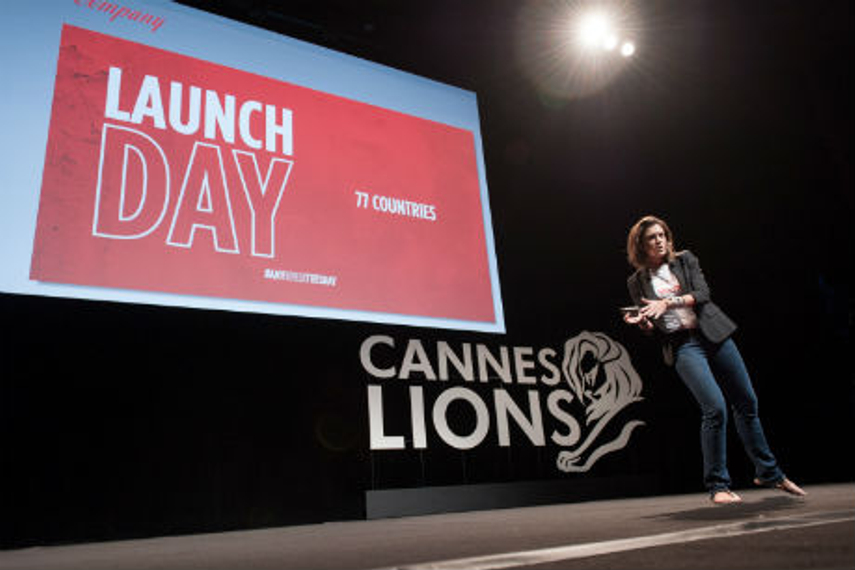
Speaking to delegates at the Cannes Lions Festival of Creativity 2014 were two Coca Cola Company executives from the brand’s ‘war room’ in Rio, via Skype. As they stood alongside their teams engaged in listening to social conversations, creating, curating and disseminating content across the world, live on stage was Wendy Clark, president, sparking and strategic marketing, North America.
On the theme ‘Winning in Real Time’, Clark offered her perspective on what marketers need to do to be able to win in real time, and underlined Coca Cola’s goal is to ‘operate real time on any given day’. This was before she elaborated on how Coca Cola is indeed winning the battle in real time, as it leverages its sponsorship of the ongoing FIFA World Cup in Brazil. Or as Coca Cola has said in its communication approach across the board, ‘The World’s Cup’ - an idea born in W+K.
Firstly, Clark outlined the two in-house teams created at Coca Cola to bring the brand’s real time ambitions to life. ‘The Hub’, which has 23 countries networked into one hub, listening to conversations around the brand, including the 33 Tweets per minute that are generated (just in English). Meanwhile, ‘Hustle’ houses the content development team, sourcing, creating and pushing content across the world.
“Today, we have a planned real time approach. We want to get to a point where we can be real time on any given day,” she reiterated.
From World Cup to World’s Cup, in real time
The most democratic and ubiquitous event ever, demanded that the brand align itself as everyone’s drink that opens happiness. Clark outlined the journey from ‘World Cup’ to ‘World’s Cup’ in the last year.
She explained how a special education teacher in Canada, who was posting ‘beautiful imagery’ on Coca Cola online without any intervention from the company, was discovered. When the brand needed to engage a photo journalist to travel the world with the FIFA World Cup trophy to 90 countries, they zeroed in on him. Clark said this aligned with the brand’s ‘1+1=3’ approach to social media.
“We also had the opportunity to create more film and content around the tour. It allowed us to create rich stories, on the meaning and power of football. We took all the 16 films, 22 days of content around the tour, to 77 countries on one day. We created more amplification in 43 days than we did in the 400-odd days prior to that,” noted Clark.
Then came the tournament, and with it Coca Cola’s ‘World’s largest mosaic’. Using #HappinessFlag people were asked to send in pictures through Instagram and Twitter to help create it. At the opening game, a mosaic of the flag on the pitch housed images from 2,20,000 consumers. When the game began, the brand sent out to all 2,20,000 people a digital memento, also informing them where they could locate themselves on the pitch, at that moment.
In all, Clark noted that the brand has put out 10,000 pieces of content for ‘The World’s Cup’, going to 175 countries, in 30 languages, involving 3,000 marketers and 20 digital channels. She summarised the approach to real time marketing with some pointers explained initially.
- Silence is not an option in the real time world: If a brand chooses to remain silent, someone else will fill in instead, she warned.
Speed trumps performance: Clark underlined the importance of the contextual role of content. Then came the rider: while speed is of essence, it’s not about more content but good content.
New models of working: She revealed that a lot of what the brand is doing, including the world’s largest mosaic, has been purely experimental, with no guarantee of success.
Culture: The internal buy-in was emphasised by Clark. She noted that it was about the environment and not the hierarchy, adding that unless people are empowered to take decisions on the ground in real time, real time response would not be possible.
Signing off, Clark said, “This is about becoming increasingly precise and increasingly predictive. This is about companies becoming increasingly frank, increasingly transparent, increasingly real. It’s about increasing humanity. We’ve got to change everything about the way we operate as marketers, if we want to meet the remit of real time marketing.”
Follow Campaign's global live coverage from the Cannes Festival at cannes.campaignlive.co.uk


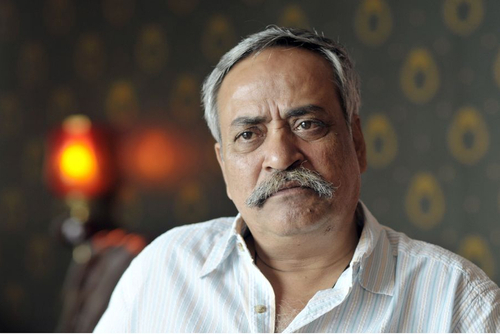
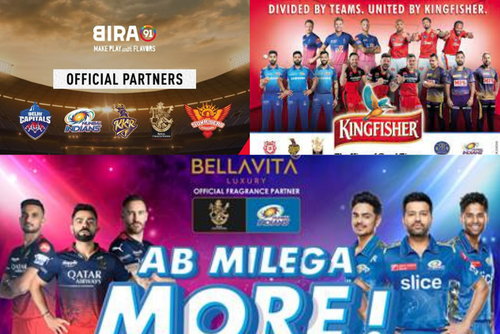
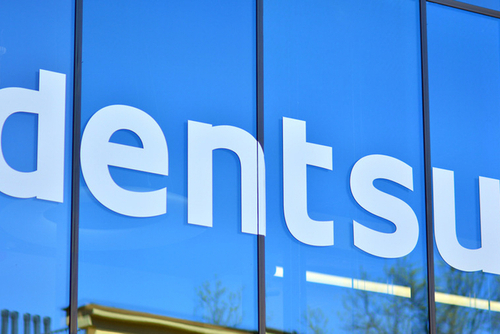
.jpg&h=334&w=500&q=100&v=20250320&c=1)
.jpg&h=334&w=500&q=100&v=20250320&c=1)

+(1).png&h=334&w=500&q=100&v=20250320&c=1)

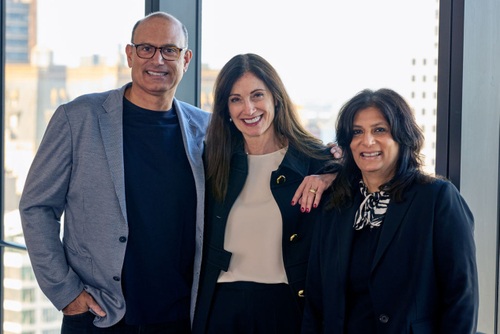

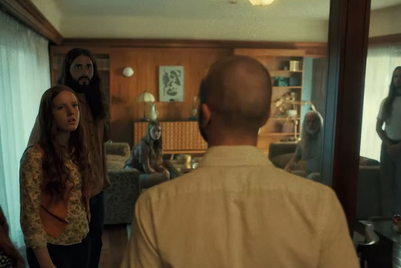

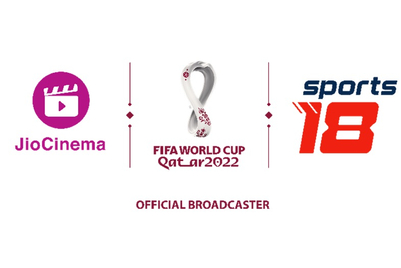
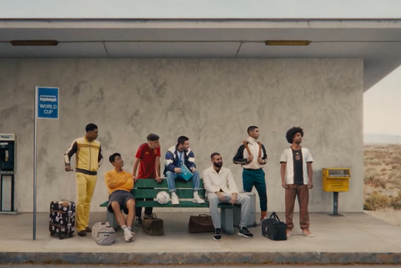

.jpeg&h=268&w=401&q=100&v=20250320&c=1)


